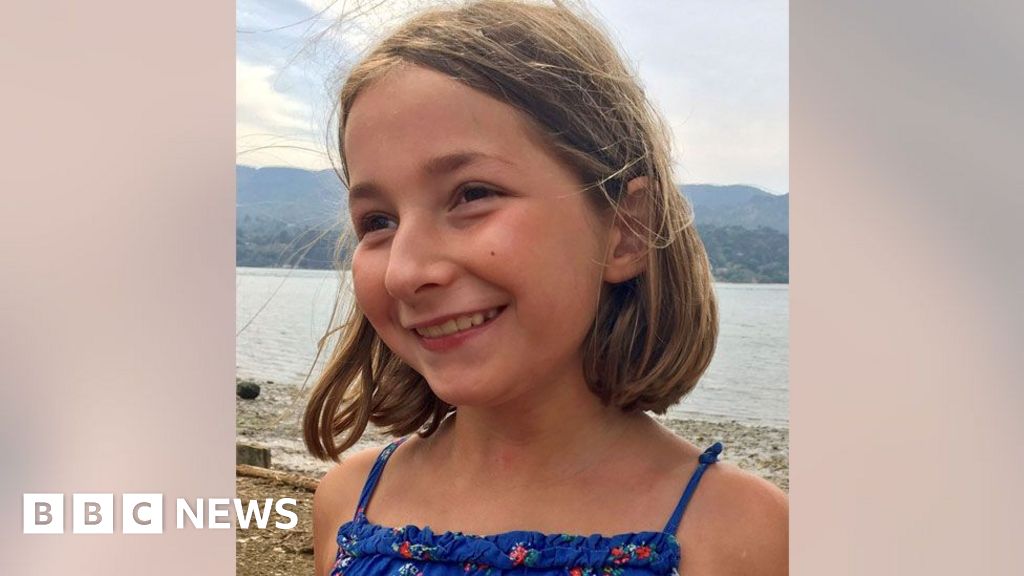ARTICLE AD BOX
Gaia Pope's family produced a video to show to the jury
A coroner has expressed "concern" that a severely epileptic teenager was not seen by a neurologist for months before she was found dead on a clifftop.
The body of Gaia Pope, 19, was discovered after an 11-day search in Swanage, Dorset, in November 2017.
Dorset Coroner's Court has previously heard she died of hypothermia.
Consultant neurologist Prof Matthew Walker told jurors Miss Pope's seizures were so severe that she was being considered for brain surgery.
Prof Walker, who works for University College London Hospitals, said Miss Pope had been referred to him by her GP in Dorset and he saw her for a consultation in March 2017.
Miss Pope's disappearance prompted a major search and rescue operation
He said her seizures were frequent and severe and that she had not been responding well to the medication she had been prescribed.
While questioning the professor, coroner Rachael Griffin said it concerned her that Miss Pope had not been seen by epilepsy specialists in the months before she disappeared.
"This was someone who had complex epilepsy and you didn't speak to her in eight months?" Ms Griffin asked.
Prof Walker agreed this was correct but said she had been seen by a consultant colleague in July, and efforts had been made to contact Miss Pope by specialist nurses, without success.
"Someone like Gaia had about 1% chance of dying in a year because of epilepsy itself," he told the court.
Image source, PA
Image caption,Gaia Pope's body was found 11 days after she went missing in November 2017
He added that seizures were less likely while people experience hypothermia and that cooling the brain is actually a treatment for the condition.
The professor said he was not told Miss Pope had been sectioned under the Mental Health Act in the weeks before he saw her, something he would have considered "relevant and important information".
He said epilepsy and psychiatric problems have a "close relationship", and that communication between neurology and mental health teams needed to improve across the NHS.
The inquest in Bournemouth has previously been told that Miss Pope had been "anxious" before she went missing near her home on 7 November due to the imminent release from prison of the man she alleged had raped her.
Follow BBC South on Facebook, Twitter, or Instagram. Send your story ideas to south.newsonline@bbc.co.uk.
Related Internet Links
The BBC is not responsible for the content of external sites.

 3 years ago
46
3 years ago
46








 English (US) ·
English (US) ·